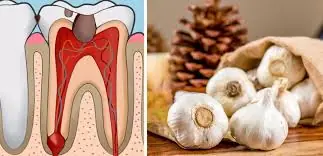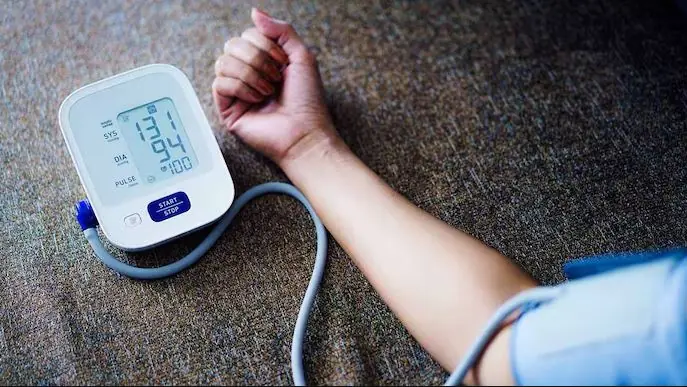
Poor Oral Health Linked to Increased S.troke Risk
Recent research suggests that poor oral hygiene, including irregular or improper tooth brushing, may significantly increase the risk of stroke. Gum disease and tooth decay have been associated with an 86% higher risk of stroke compared to individuals with healthy oral habits.
The study, conducted by scientists at the University of South Carolina, also found that poor oral health contributes to a 36% higher risk of heart attacks and other cardiovascular events. The findings were published in Neurology Open Access on October 22.
Maintaining good oral hygiene, such as brushing at least twice daily and using proper techniques, plays a vital role in protecting both oral and systemic health.
How Tooth Decay and Gum Disease Affect Health
Tooth decay develops when bacteria erode the enamel, typically caused by consuming sugar-rich or starchy foods, inadequate brushing, or genetic factors. Left untreated, cavities can progress and affect deeper layers of the teeth, eventually causing pain or infection.
Gum disease, also known as periodontitis, involves chronic inflammation or infection of the gums and the supporting bone structure. If untreated, it may lead to tooth loss and chronic inflammation that affects the entire body.
Bacteria and inflammatory molecules from the mouth can enter the bloodstream, potentially affecting blood vessels and the heart. Over time, this may contribute to a higher likelihood of cardiovascular complications, including stroke and heart attack.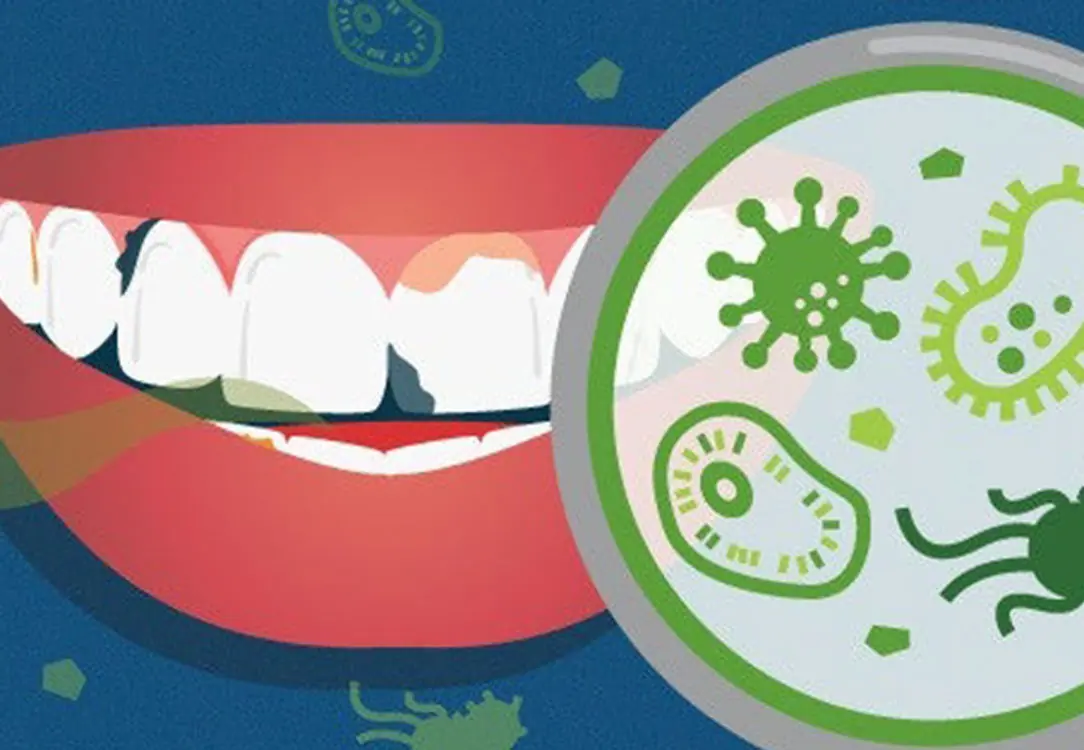
The Study: Oral Health and Stroke Risk
The research tracked nearly 6,000 adults, with an average age of 63, who had never experienced a stroke before. Over a 20-year follow-up, approximately 10% of participants with gum disease or tooth decay suffered a stroke, compared to only 4% of those with healthy oral health.
Another key finding was that individuals who regularly visited the dentist were up to 81% less likely to develop gum disease or cavities.
Dr. Souvik Sen, the lead researcher, emphasized:
"This study reinforces the idea that oral care is not just about your smile—it can protect your brain health. People showing signs of gum disease or cavities should seek treatment to safeguard their teeth and reduce their risk of stroke."
Why Oral Health Matters for Stroke Prevention
The link between oral health and stroke is primarily related to ischemic stroke, the most common type. Ischemic stroke occurs when a blood clot obstructs the flow of oxygen-rich blood to the brain. This blockage deprives brain cells of oxygen and nutrients, potentially causing permanent brain damage.
Chronic inflammation from gum disease can make blood more likely to clot, damage blood vessels, and increase arterial stiffness. Similarly, bacteria from tooth decay can contribute to atherosclerosis, the buildup of plaques in arteries, which heightens stroke risk.
Maintaining healthy gums and teeth reduces systemic inflammation, promotes proper circulation, and supports overall cardiovascular health. Small daily habits—brushing, flossing, and dental check-ups—can have far-reaching benefits beyond the mouth.
Tips for Protecting Your Oral Health
-
Brush teeth twice daily with fluoride toothpaste.
-
Floss or use interdental brushes to remove plaque between teeth.
-
Schedule regular dental check-ups at least every six months.
-
Limit sugary and starchy foods to prevent cavities.
-
Quit smoking, as it worsens gum disease and cardiovascular risk.
-
Consider a mouthwash with antibacterial properties if recommended by your dentist.
By taking these steps, you not only maintain a healthy smile but also reduce your risk of serious complications like stroke and heart disease.
News in the same category


She Spotted These 5 Colon Ca.nc.er Symptoms Early — Here’s What You Should Watch For

If your feet show these 5 signs, it may be a warning of a serious condition
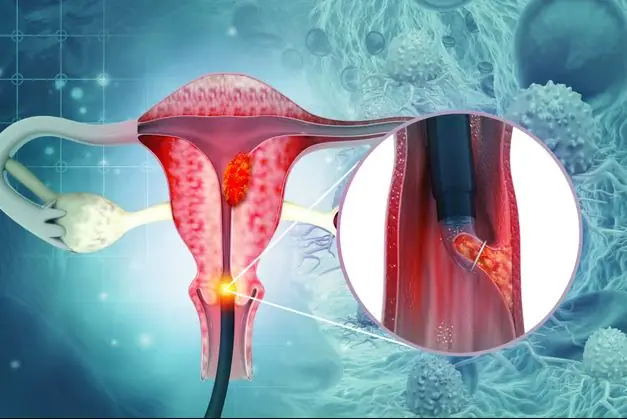
Cervical Can.cer: Are You in a High-Risk Group?

6 Silent Warn.ing Signs of Br.east Can.cer Women Often Miss — Don't Ignore These Signals
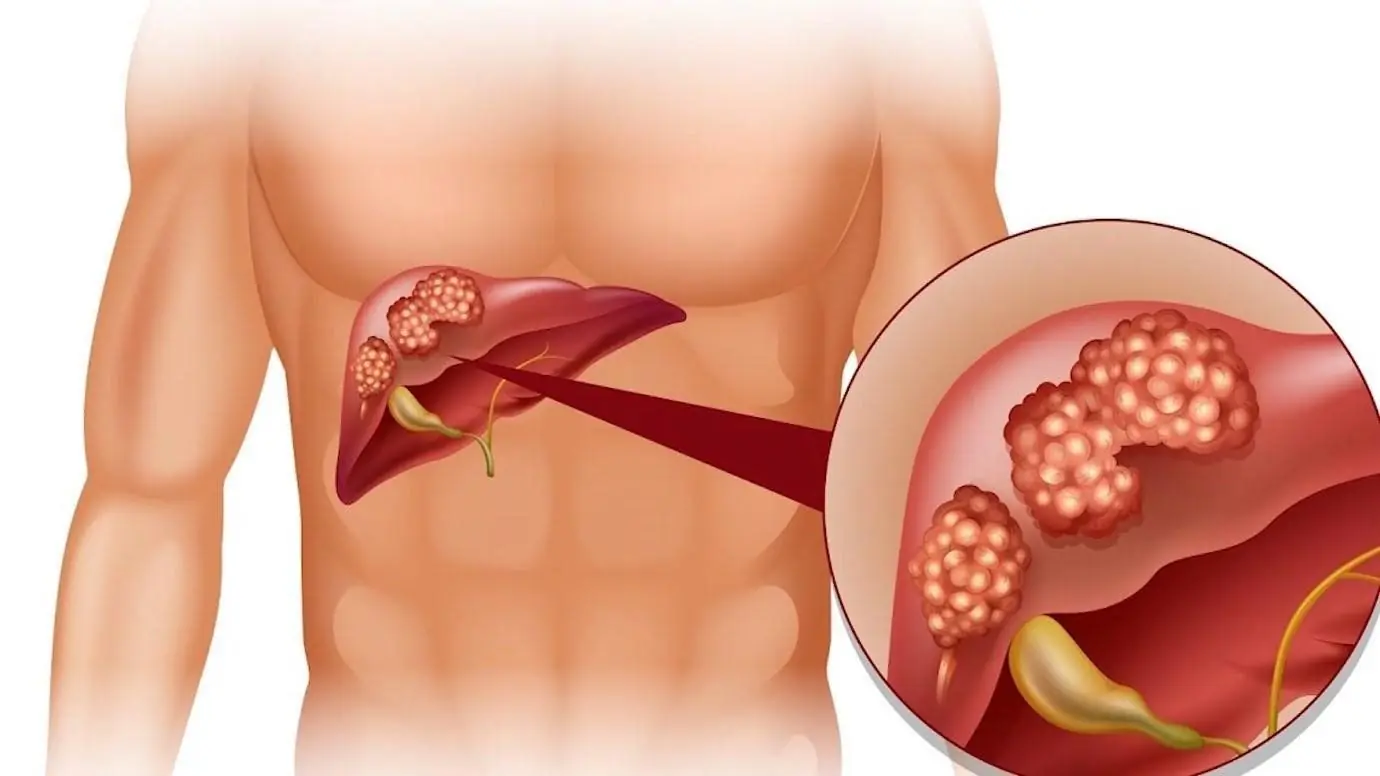
Your Li.ver Is Tired — 7 Hidden Signs You’re Mistaking for “Normal” Stress

The Hidden Mineral Deficiency Behind Your Fatigue, Bloating, and Anxiety

A 38-Year-Old Woman With a Sto.mach Ulcer Never Imagined Her Daily Habit Would Lead to Such Serious Consequences

5 Times You Should Never Take a Shower — No Matter How Dirty You Are

Two everyday seasonings many people use are “catalysts” for thy.roid can.cer

15 Hidden Warning Signs of Can.cer You Should NEVER Ignore—Spot Them Early!

The Heart-Boosting Secret: How Eating Eggs Daily Could Help You Live Longer

6 Delicious Foods Packed with Collagen for Healthier Skin & Joints: Boost Your Glow Naturally!

Doctors Reveal: Eating Okra May Cause Unexpected Health Effects

Stop Sleeping on Your Right Side — Here’s Why It’s Hurting You

People with weak hearts and heart disease often have difficulty avoiding these 5 "strange" feelings when sleeping at night!

Affordable Local Fruits and Vegetables That Reduce Blood Fat

Doctors Urge the Public to Avoid These 4 High-Risk Beverages

A 40-Year-Old Woman Visits the Doctor for Bloating—But Ends Up Discovering Can.cer
News Post

7 Bad Habits That Harm Your Heart

7 Signs Your Body Might Be Iron Deficient
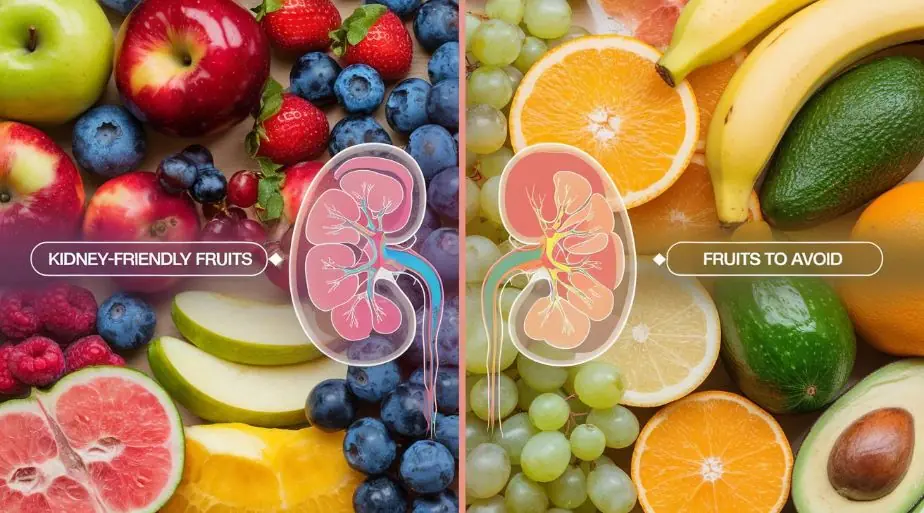
A Fruit People With Kid.ney Disease Should Limit

4 Types of Salads You Should Eat Regularly to Support Li.ver Detoxification

4 Natural Ingredients That Help Protect the Li.ver in Men
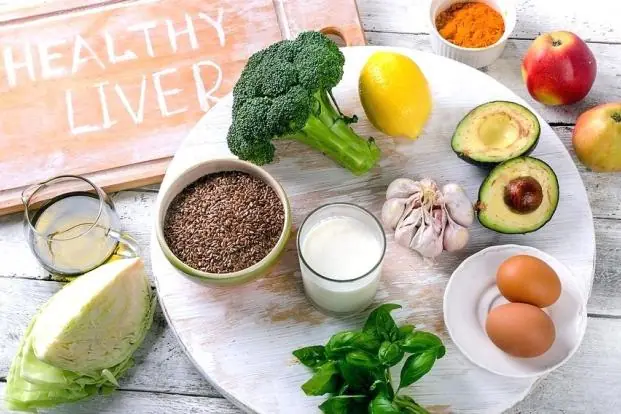
3 Everyday Vegetables American Doctors Eat to Keep Their Li.ver Healthy

6 Daily Habits That Can Finally End Your Sleepless Nights

6 Eating Mistakes That Can Damage Your Health

5 Foods You Should Avoid at Night If You Don’t Want to Lose Sleep

3 Silent “Culprits” That Dramatically Increase Your Risk of Stroke

5 Silent Warning Signs of High B.lood Pressure You Should Never Ignore

The Type of “Waste” Everyone Throws Away but Experts Call a Hidden Treasure:

She Spotted These 5 Colon Ca.nc.er Symptoms Early — Here’s What You Should Watch For

If your feet show these 5 signs, it may be a warning of a serious condition

4 TERRIBLE MISTAKES That Make Your Home Smell Bad All the Time — Without You Realizing It

Rubbing Ginger on Your Feet Before Bed: Men and Women Will Be Surprised by Its Benefits!

Cervical Can.cer: Are You in a High-Risk Group?

Eating Bananas on an Empty Stomach: Healthy Habit or Hidden Dan.ger?
